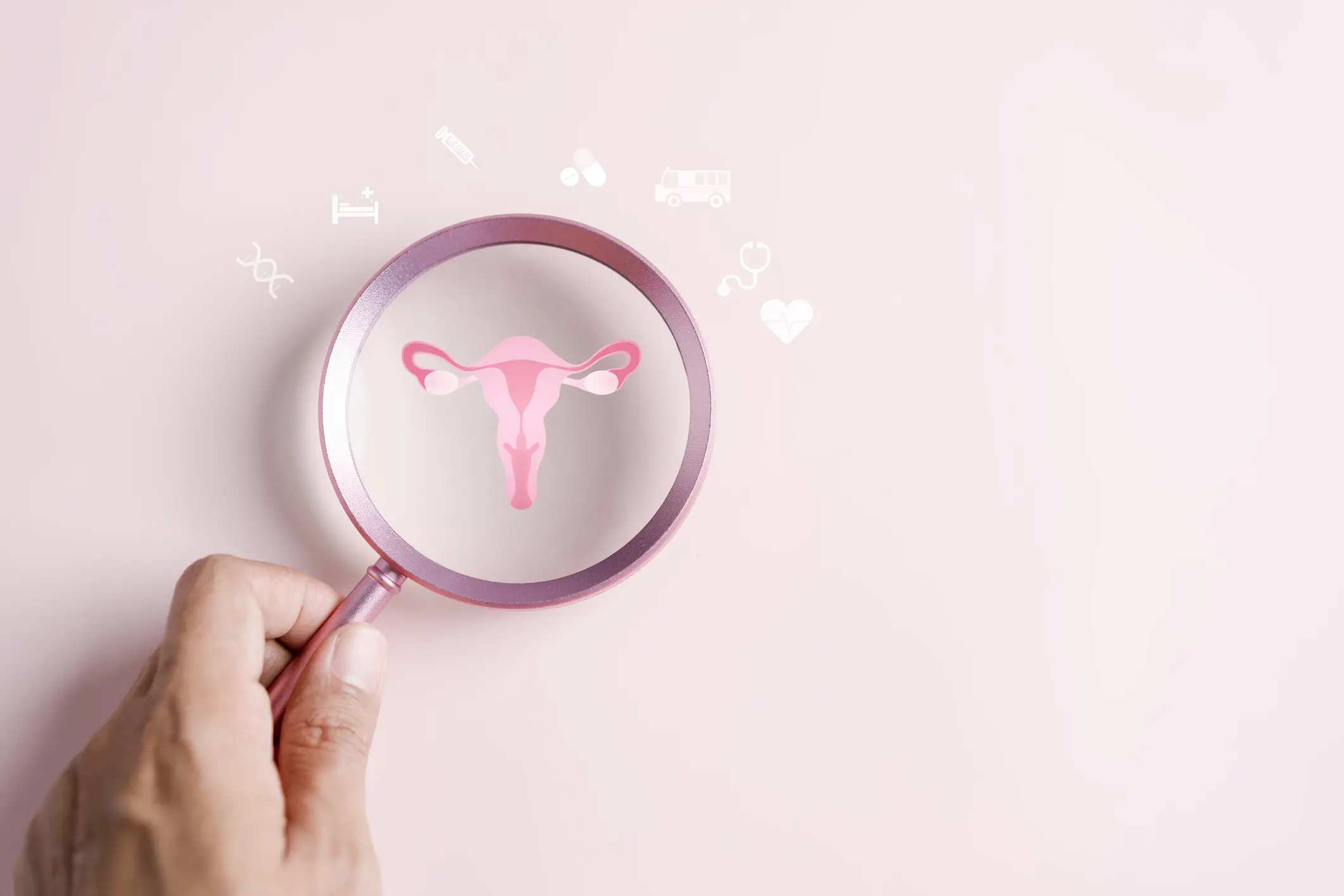
Published on Oct 07, 2020
Last modified on Mar 01, 2021
🔬 The Latest & Greatest Science from the North American Menopause Society’s 2020 Conference
3 min read
Jacqueline Giannelli is a women’s health expert, board-certified nurse practitioner, and Assistant Medical Director at Maze Health. She specializes in menopause, urology, sexual health, as well as general gynecology.
From increasing interest in cannabis to new findings on why menopause brings weight gain, read on for our top 3 takeaways from the medical researchers presenting new findings at NAMS this year.
Cannabis for Menopause – A new trend out of California

With the legalization of pot across many states, a new study finding reveals that many menopausal women are opting for marijuana over traditional hormone therapy to help cope with their hot flashes and night sweats. Presented at the ongoing North American Menopause Society’s annual meeting, the Midlife Women Veterans Health Survey revealed that more than one in four veteran women use cannabis to manage their symptoms, trumping the one in five women who reported using hormone therapy, many forms of which are FDA-approved and well-studied as the gold standard in treatment for medium to severe menopause symptoms.
“What’s the problem with that?”, one may ask herself. “Pot is pretty benign, right?” Well, according to Dr. Stephanie Faubion, Medical Director at NAMS “This study highlights a somewhat alarming trend and the need for more research relative to the potential risks and benefits of cannabis use for the management of bothersome menopause symptoms.” Lead investigator Carolyn Gibson also notes that with cannabis becoming more mainstream, it has also become more accessible and can be easily marketed to women during this period in their life. The takeaway? Buyer beware, until more research can be done to prove the safety and efficacy of cannabis for menopause.

Weight, Weight – Don’t Tell Me
Unfortunately, the prevalence of obesity is on the rise in the United States. According to Dr. Dan Bessesen, new data published in the New England Journal of Medicine projects that by 2030 approximately half of all adult women will be obese, with that number disproportionately affecting women of color and of low socioeconomic status. Surprising no one, weight gain through the menopause transition is a frequent complaint of women. Healthcare providers point out it can lead to other conditions such as type 2 diabetes, heart disease, high blood pressure and cancers. However, Wendy Kohrt, PhD led an interesting discussion at NAMS regarding some recent research examining the role of FSH as it relates to loss of body fat. Previously, it was thought that declining levels of estrogen were the main culprit in post-menopausal weight gain. However, this new research revealed that follicle stimulating hormone (FSH) plays a role in metabolism as well and is not just a reproductive hormone, as was previously believed. In preliminary studies, it was shown that blockage of the FSH receptor in mice led to a potent reduction in visceral body fat. While more human research is needed, this has major implications for the potential treatment of weight gain and obesity in menopausal women. This is the also the menopause research that most fascinates Elektra expert and world-renowned menopause researcher, Dr. Lila Nachtigall,
these days. Read more about what’s on her mind in this recent interview with Elektra.
Trauma and Cardiovascular Disease in Menopause
By now, researchers are keenly aware of the fact that the risk for cardiovascular disease in women rapidly accelerates during the menopause transition. However, researchers participating in the MS Heart study (which looked at the role of reproductive hormones and cardiovascular risk factors for 300 peri and postmenopausal women), were also interested in something a little different: trauma. Rebecca Thurston, PhD current NAMS president and director of Women’s Biobehavioral Health Laboratory at the University of Pittsburgh, led a robust discussion around this topic. She was shocked to learn that 60% of the MS Heart women endorsed a traumatic experience, with most prevalent being sexual assault (22%). Women with a history of sexual assault had over quadruple the odds of carotid plaque in the heart, and a greater plaque progression through midlife. This finding will hopefully encourage more providers to ask about a woman’s history of trauma when assessing her cardiovascular risk through the menopause transition. If you haven’t been asked, consider sharing this information with your provider as it can be relevant to your heart health!
Updated: Oct 8, 2020


